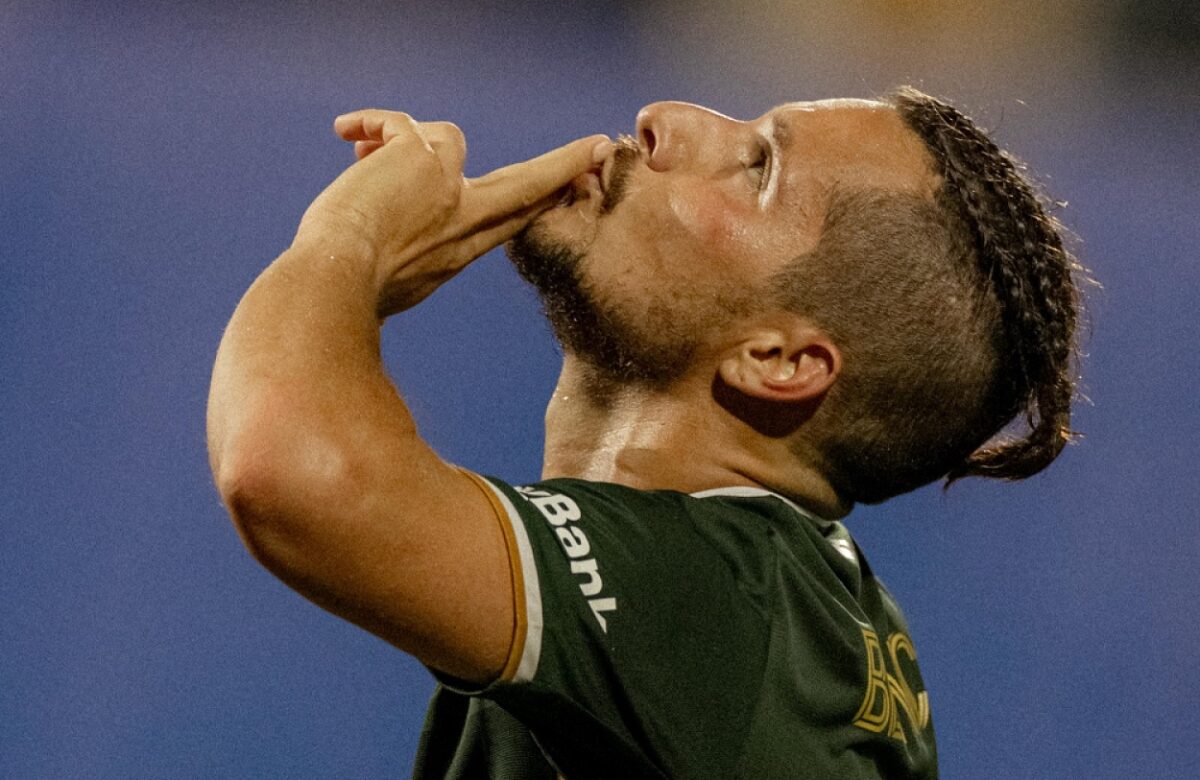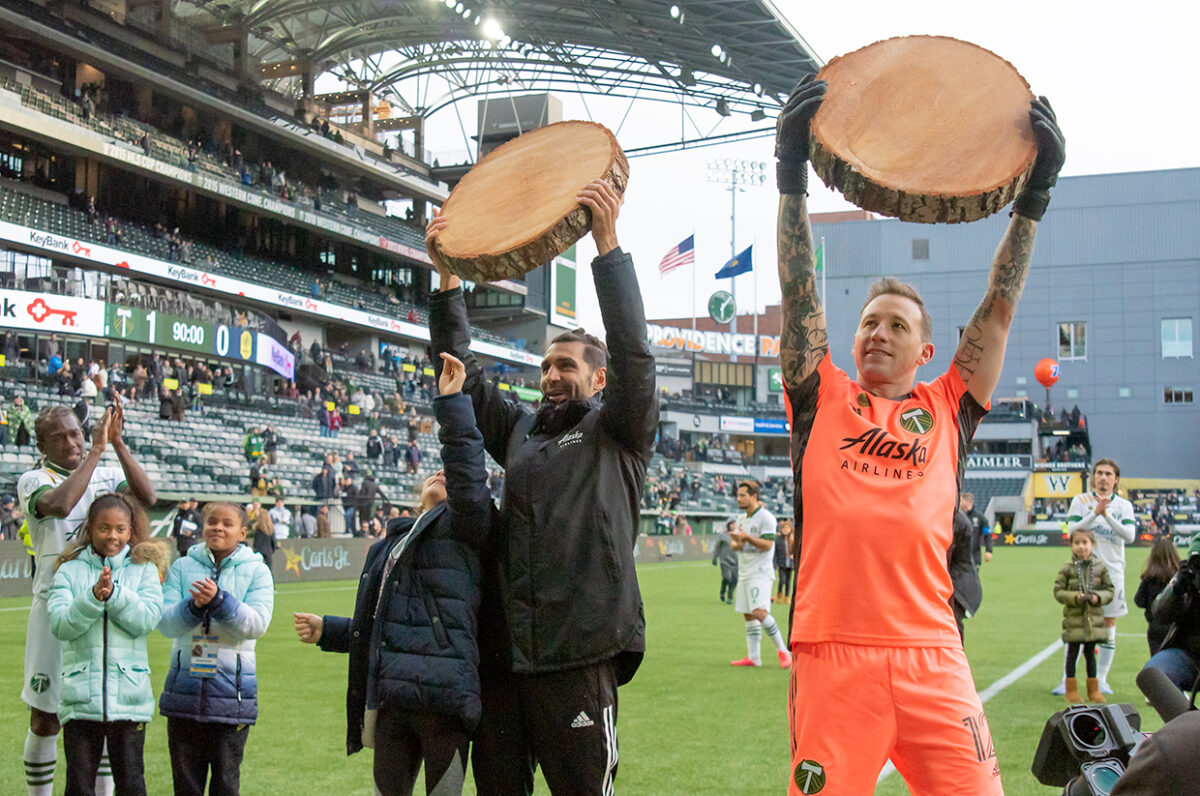With just over 12 minutes gone in the Portland Timbers second game of the 2020 MLS season, Diego Valeri took a step back, turned, and struck a bouncing ball past Nashville SC goalkeeper, Joe Willis, on a half-volley. 1-0 Timbers. Unbeknownst to anyone at the time, that individual moment of brilliance would be the last Timbers goal for over three months.
In just over a month, the Timbers will take the field once again, but this time there will be no green and gold smoke or victory log slices. In fact, it will not be anywhere close to the Pacific Northwest.
Instead, the Timbers and other teams from around North America will be leaving their home markets to converge in Orlando, Florida for a tournament that would never have happened in a pre-COVID world. What will that tournament look like with no fans in the stands, no supporters groups, and no tifos? Well, nobody knows for sure.
It wasn’t long ago that many people within the league believed returning to play soccer in the first place would be impossible. Now, optimism is growing as additional information about COVID-19 becomes known. After nearly three months of archived games, streamed FIFA competitions, and too many organizational Mount Rushmores to count, the league is beginning to plan its path forward.
Despite many recent positive developments, it has not always been smooth sailing. Just a few days ago things looked choppy when multiple reports surfaced that the Players Association and the league were still at an impasse, held up by details like the language of a new force majeure clause and shared media revenue.
These talks came to a head over the weekend when ESPN’s Hérculez Gómez reported that the league threatened a lockout if the two sides couldn’t reach a deal in the coming days. On Wednesday morning, MLS commissioner Don Garber spoke to national media via Zoom about the labor agreement and said that this has been one of the few times in the history of the league that a severe measure, such as a lockout, has been considered.
“As leader of this league, I believe that [threatening a lockout] was important to do to reach an agreement,” Garber said. “At the end of the day, if we didn’t believe we were advocating for what was crucial for the success and the future of the league, I certainly wouldn’t have gone down that path.”
In addition to outside reporting, Garber admitted that there were four to five points that the two sides had to agree on, citing both the force majeure clause and shared media revenue as points of emphasis.
From the players’ perspective, Portland Timbers goalkeeper Steve Clark said that many players knew that lockout threats were a part of difficult labor negotiations—although he fully expected that both sides would finally reach an agreement.
“Negotiations are always tense,” Clark told local media via Zoom. “Overall, you have two sides that wanted to play soccer. We both had competing ideas and we wanted to take care of our own, but again, working with the Timbers, Merritt, and Gavin is fantastic.
“Not only that, but all the owners were on several Zoom calls with players. Getting on with Don Garber on Zoom with hundreds of players and a few owners is really unique.”
What Clark said impressed him even more was the amount of involvement from every player on the roster. Whereas in the past just a few players per team would work on the negotiations, this year everyone—from the lowest player on the roster to the designated players—was heavily involved.
“I truly believe that players are the most united we have ever been, and there is a kind of historic enrollment from the top of the roster to the bottom,” Clark said. “And the other part of that is the willingness of the owners to hear us out and get out of their shoes to walk a mile in our shoes. I’m really grateful for that.”
Over the past few weeks, MLS training facilities across the country have been opening up for individual workouts. These openings are reliant on local regulations as well as testing capacity in local markets and sanitizing regulations enforced at the training facility. On Thursday, the league lifted the training moratorium, allowing teams to plan their return to full team training. If teams can return to full training in their local markets, they can delay going to Orlando for at least a week.
Clark, for one, is excited to get back on the field, regardless of where the game is played and despite the lack of fans.
“I’m a soccer player,” the 34-year-old said. “I play goalkeeper. That’s what I do, I think it’s essential to my being, and I’m really excited to be out there playing.”
During the conference call, Garber did not announce any set dates or times for the Orlando tournament but said that more details are on the way. And regardless of what the tournament brings in, the league will take at least a $1 billion revenue hit. So while limiting the tournament to a maximum of 35 days helps players such as Clark, who will be leaving his family for at least a month, it doesn’t help the league’s bottom line.
And when teams eventually kick off in Orlando, there is at least one glaring question that needs to be answered: what will the on-field product be like? This tournament will undoubtedly give the league nation-wide attention from those interested to see how it handles the moment. Those new eyes will almost assuredly turn away if the product on the field is subpar, even if teams are now essentially in preseason form. (It’s worth acknowledging that the first few games will not be representative of the quality of the league during a normal season.) It will take time for teams to reach the quality of a derby game, or even what MLS fans saw during their last glimpse of live MLS Soccer—an end-to-end 3-3 game between the Philadelphia Union and LAFC.
Despite those worries, Clark said that the team is revving to play and believes that the quality on the field will not suffer, despite the lack of energy from the stands.
“The product will be good on that field,” Clark said. “We’re going to want to win and there’s going to be ways that I’m going to communicate better without fans. People will be able to hear me. I’m looking at it not in a negative way, but in a glass-half-full to see how I can impact the game, or as a goalkeeper, with my communication, because everyone can hear me.”
While the return to play is a positive step for all parties, there are still the unavoidable losses. Among these are the loss of revenue, and the (temporary) loss of fans. Playing a Cascadia Derby without the Timbers Army or Emerald City Supporters in a stadium over 3,000 miles away won’t be the same. Yes, the tournament-winning team will get a million dollars and a trophy at the “Most Magical Place on Earth,” but for the league’s 25th anniversary season, it’s a bit of a disappointment.
There remain plenty of questions around the league, many of which have no answer, but with tough negotiations behind them and a tournament on the horizon, it’s up to the players and the league to make the most of the situation. If there’s one thing for sure, it’s that the players are ready.
“It was nice to have a break,” Clark began, “but it’s time.”
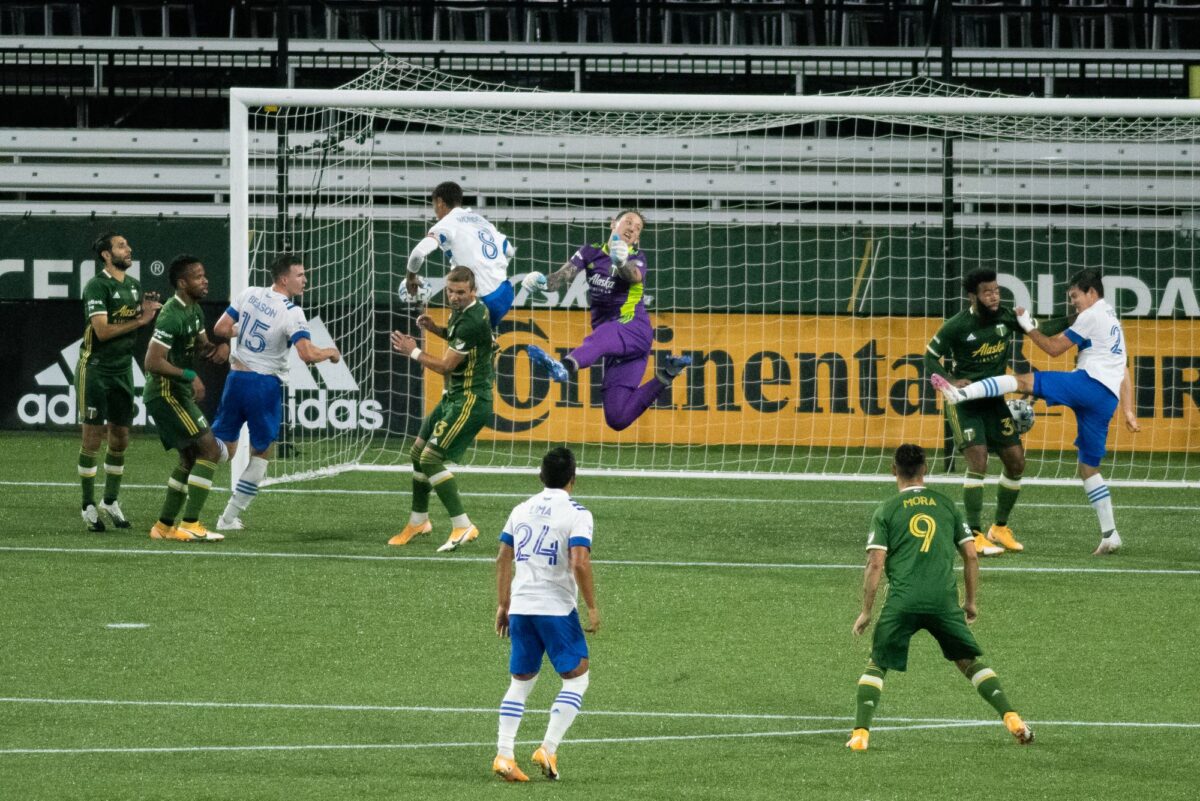

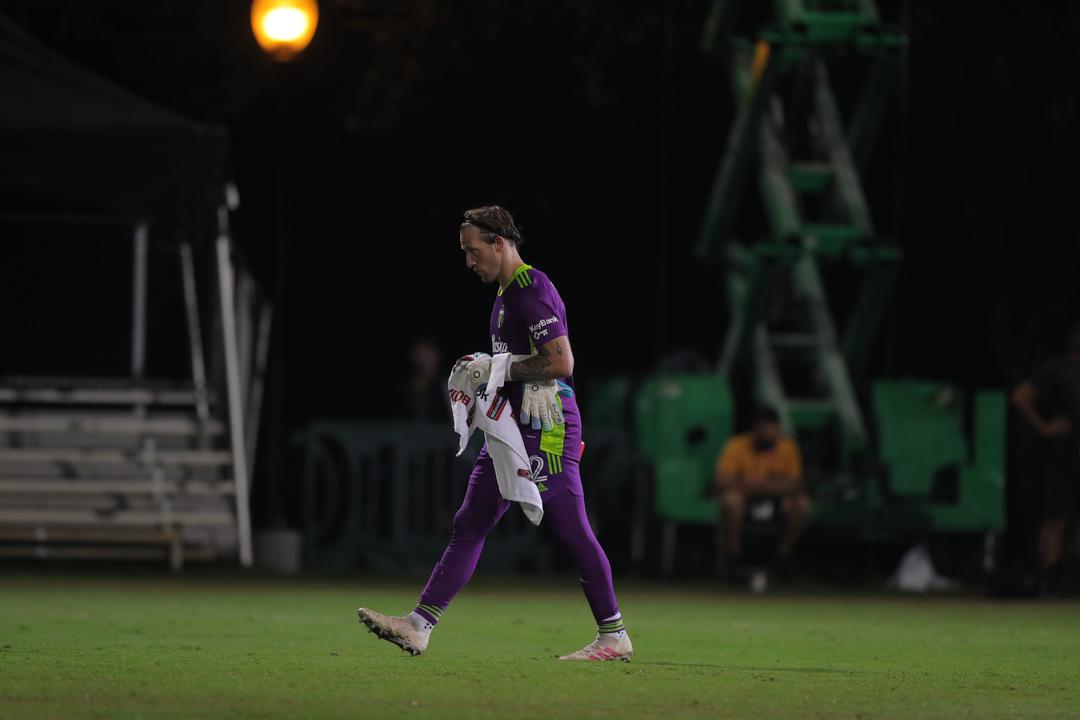
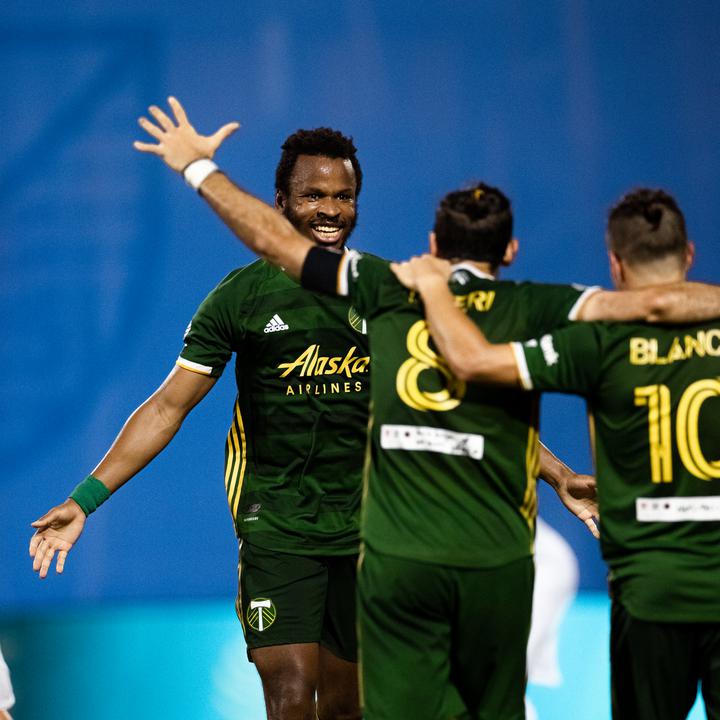
 Unlock with Patreon
Unlock with Patreon